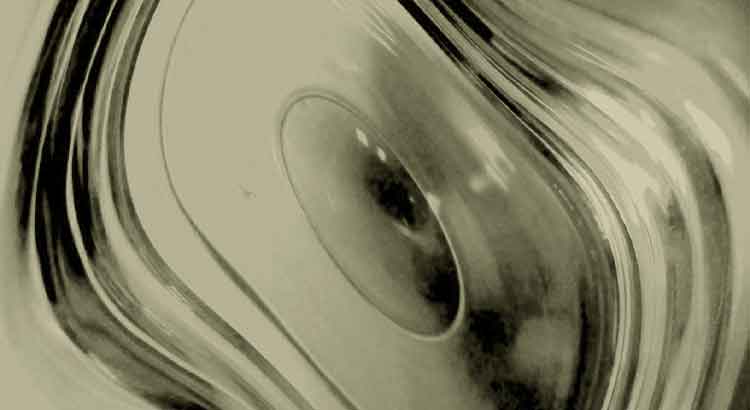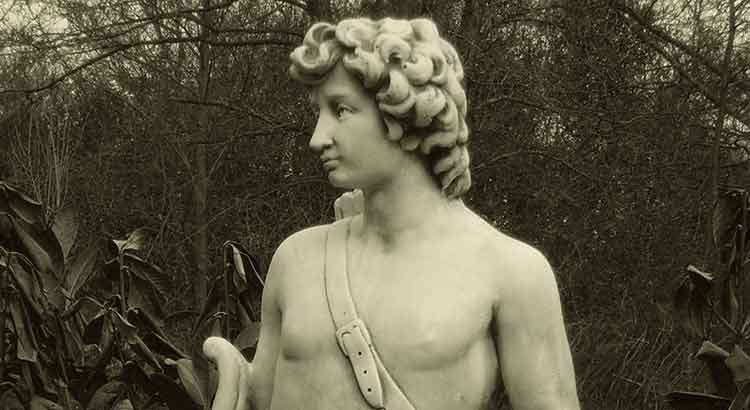I incline to think that human contentment springs from the encounter between reality and dream. I say and think immediately of D. Quijote. There is a winding border, apparently very ill-defined, that unites the real with the imaginary and seems to be the progenitor of satisfaction. The dream itself seems to me to be powerless if it lacks a connection with the concrete. A bridge is needed, a link, albeit in the form of hope, of “it will happen”. Otherwise, the practical quickly crushes the imagined, generating discouragement and shame. This, of course, in healthy minds. On the other hand, reality will always be weak because it is insufficient: it also needs an amplifier, something to embellish and tone up the crudeness of the concrete. And this, even in a subtle way, is nothing but fantasizing the real. That is why I am intrigued to what extent D. Quijote did not live what he dreamed of, or to what extent he actually lived. Crazy or master? I lack the answer…
____________
Read more:



